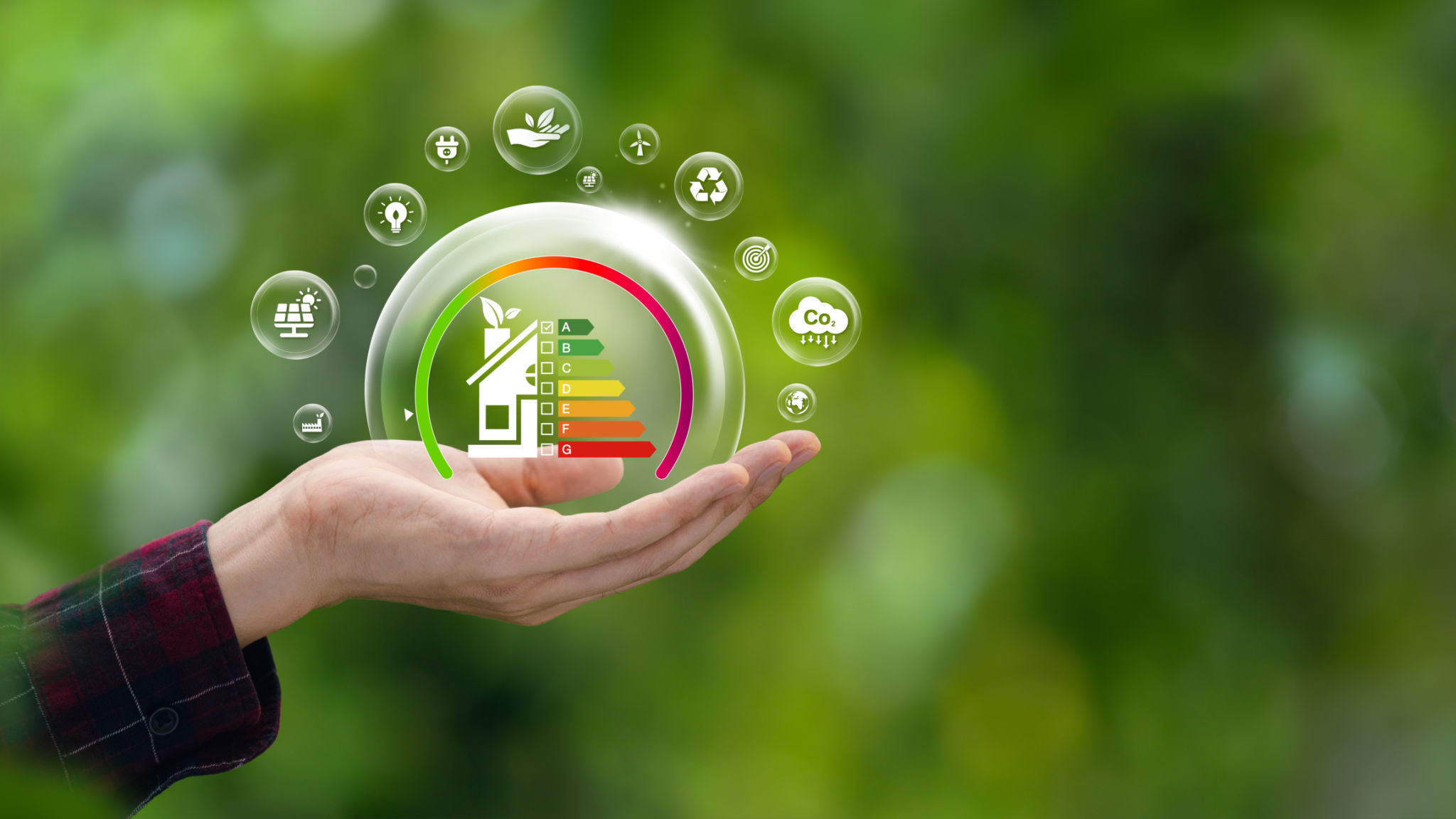Integrating Smart Home Technology in Modern Living Spaces
Embracing the Future with Smart Home Technology
In today's rapidly advancing technological landscape, integrating smart home technology into modern living spaces is no longer a futuristic concept—it's a reality. As more homeowners seek convenience, efficiency, and enhanced security, smart home devices are becoming essential components of contemporary living. These technologies not only streamline daily routines but also contribute to a more sustainable lifestyle.

Enhancing Convenience and Comfort
One of the most significant benefits of smart home technology is the convenience it brings to everyday life. Imagine controlling your lighting, thermostat, and security system from a single device. With smart assistants like Amazon Alexa or Google Home, voice commands can adjust settings, play music, or even order groceries. This level of control ensures that your home environment is tailored to your preferences without lifting a finger.
Moreover, smart home devices can learn and adapt to your habits over time. Intelligent thermostats, for example, can adjust temperatures based on your schedule and preferences, ensuring optimal comfort while saving energy. Likewise, smart lighting systems can create the perfect ambiance for any occasion, whether it's a cozy evening or a lively gathering.
Boosting Home Security
Security is a top priority for many homeowners, and smart home technology offers robust solutions to keep your property safe. Smart locks allow you to control access remotely, providing peace of mind whether you're at home or away. You can grant temporary access codes to visitors or service providers without compromising security.

In addition, smart cameras and motion detectors offer real-time surveillance and notifications. If unusual activity is detected, you'll receive instant alerts on your smartphone. These systems can also be integrated with local authorities for immediate response in emergencies.
Promoting Energy Efficiency
Smart home technology plays a crucial role in promoting energy efficiency and reducing utility costs. By automating lighting and climate control, homeowners can significantly decrease energy consumption. Smart plugs and power strips can monitor usage patterns and cut off power to devices that are not in use, further contributing to energy savings.
Furthermore, many smart appliances come with energy-efficient settings that optimize performance while minimizing waste. From refrigerators to washing machines, these devices help reduce the carbon footprint of households, aligning with global efforts toward sustainability.

The Future of Smart Living
As technology continues to evolve, the integration of smart home devices will become even more seamless and intuitive. Innovations in artificial intelligence and the Internet of Things (IoT) will enable homes to become more responsive and personalized. Soon, we may see advanced features such as predictive maintenance alerts for appliances or entirely automated grocery replenishment systems.
In conclusion, integrating smart home technology into modern living spaces offers numerous benefits that enhance convenience, security, and sustainability. As these technologies continue to advance, they will undoubtedly play an integral role in shaping the future of residential living.